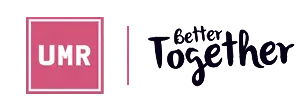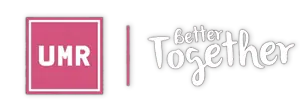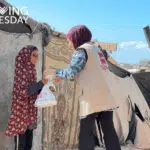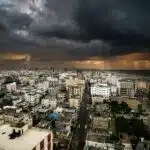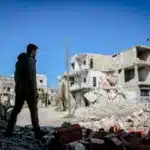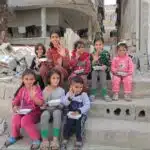There is an economic meltdown going on with the wave of the COVID-19 crisis. UMR has gathered its team to ensure food security for Lebanon’s most vulnerable areas at this time. We have started the Potato and Bread Campaign in Lebanon. UMR is distributing bread and potatoes to more than 50,000 families in Tripoli and Saida areas.
Refugees in Lebanon
The population of Lebanon is estimated at 6.83 million in 2020. Lebanon has taken in 1.5 million Syrian and Palestinian refugees since 2011. Refugees make up 30% of the country’s population. The highest concentration per capita of refugees in the world. There is an increase in the number of Lebanese and refugees living below the poverty line in Lebanon.
Economic Disaster
In October 2019, protests against the government all over Lebanon occurred. It leads the country’s economy into a free fall. They are causing a lot of trouble for poor Lebanese and refugees. Thousands of people are angry about government corruption and the economy getting worse. It makes people’s buying power go down and makes poverty worse.
Coronavirus Outbreak
As the crisis gets worse, another crisis, the Coronavirus outbreak, starts to happen. Lebanon was locked down to prevent the coronavirus spread. So, cash-strapped banks have made it difficult for depositors to recover their monies. This is on top of the months of tighter controls that have made it harder for people to get to most of their funds.
Dollar shortages have kept it from getting important goods for months. The number of cases keeps going up every day. Effects are on monthly payments of rent, food insecurity, health and other necessities.
The Coronavirus is spreading and the economy is collapsing again since May 2020. Families can’t afford good food, medicine, and monetary help for this.
Food Crisis
In Lebanon, prices went up by 60% to 300%, and the dollar’s worth reached 4000 LBP on the black market. This made it harder for people to get food. Prices of bread and potatoes are rising, for both the producer and the consumer. 49% of Lebanese worry about getting enough food. 60% of the population depends directly or indirectly on agriculture. The number of poor people in Lebanon went up. Some experts say that violent protests are likely to get worse. Because people’s living standards fall and they need humanitarian aid more than ever.
UMR’s Intervention
To solve the problem of food insecurity, UMR will fund two important projects. Combinedly we are calling them the Potato and Bread Campaign.
One of these is the “Salt and Bread” campaign. It is run by a community-based initiative in partnership with the Akkarouna Foundation and Heads of Municipalities. They are working together to raise money for the “Akkar Emergency Room” idea, which is to make bread in a small bakery in the neighborhood and give it to 2,000 families every day. So far, in its first part, it has helped get 74,900 packs of bread to 37,450 families in Tripoli and Saida.
The Potato Campaign is the second project. Its goal is to encourage farmers to grow potatoes and give potato packs to families. 35,000 people in the Tripoli and Saida areas each got 5 kg. 50% Lebanese and 50% Palestinians. The idea for these projects came from UMR’s mission to help underserved areas and lift people’s spirits in hard times, which is all about sharing our goodness.
